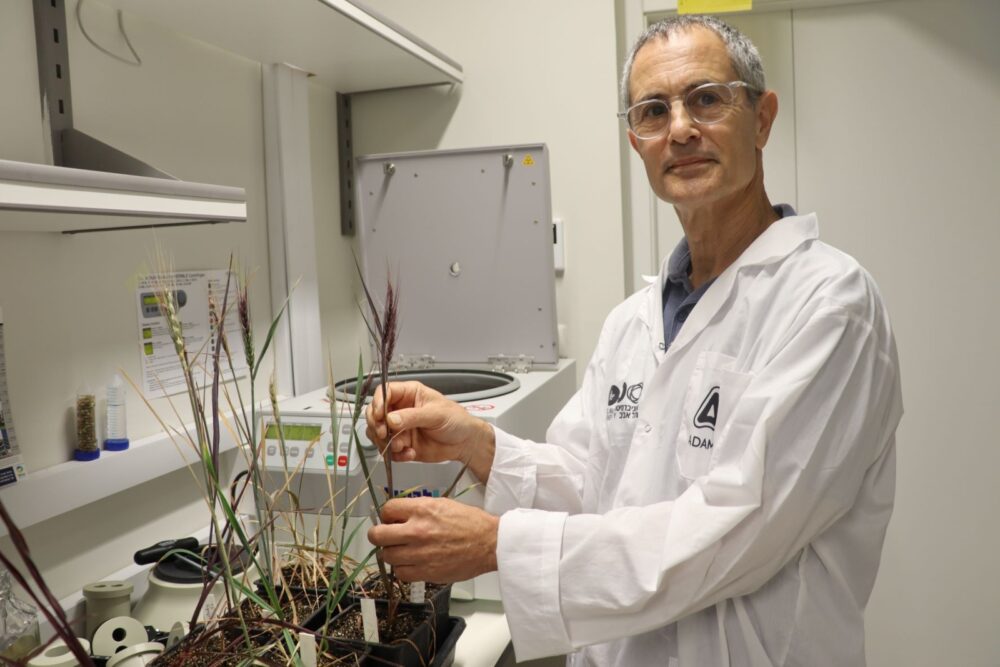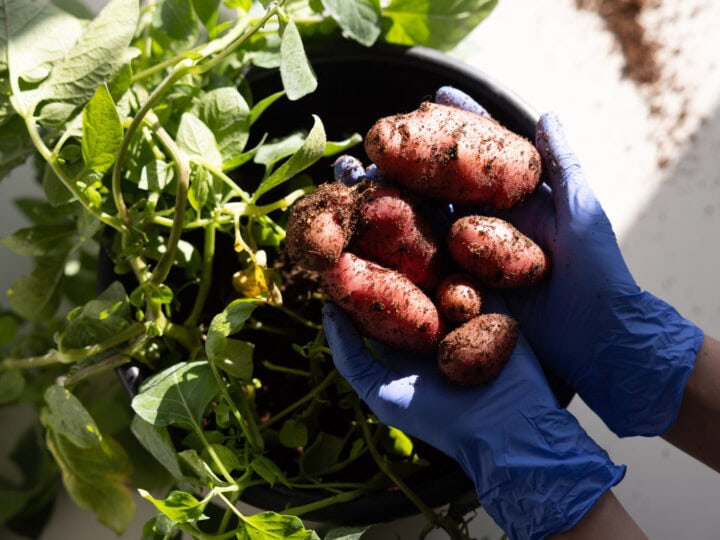Israeli and international researchers associated with Tel Aviv University’s Institute for Cereal Crops Research (ICCR) have isolated ancestral wheat genes that provide immunity against three diseases that can strike wheat crops.
Thanks to new technology, especially genome sequencing and bioinformatics, these genes were isolated in less than a year, said Prof. Amir Sharon, head of ICCR. This process would previously have taken a decade.
One of these genes – discovered by TAU researchers – ensures resistance to two diseases currently exacerbated by climate change and rising temperatures, namely leaf rust and stripe rust. Another two genes, isolated by a UK-led international team of researchers, help wheat avoid stem rust disease.
With wheat crops providing 20 to 50 percent of humanity’s calorie and protein consumption, and climate change of great concern, the production of wheat varieties capable of thriving in extreme environments is now an emergency.
The wheat genes are stored at the Lieberman/Okinow Cereal Germplasm Bank, part of the Wheat Transformation Unit at the ICCR. Inaugurated in the 1970s, it currently contains over 17,000 seeds from 20 species of wild cereals – including now-extinct plants collected locally.

Part of the Fertile Crescent, Israel is the natural habitat of the wild ancestors of major crops, with their inbuilt tolerance to drought and resistance to many diseases. The ongoing collection of these ancestors provides a rich gene pool for improved crops, resistant to disease, pests and harsh environmental conditions, resulting in higher yields.
Although past genetic interventions have already improved cultivated wheat,
Sharon said the technological innovations dramatically decreased the time needed to identify and isolate these genes and transfer them to cultivated plants.
“With the support of the Chief Scientist of Israel’s Ministry of Agriculture, and the Israeli Center for Genome Editing in Agriculture, we have established a center for wheat transformation and genome editing at ICCR. This is an important milestone, enabling us, for the first time, to perform effective wheat transformation here in Israel,” said Sharon.
A pest-resistance gene has already been isolated from wild wheat at Ben-Gurion University. By implanting this gene into cultivated wheat, damage from these diseases can be prevented, without the need for pesticides that adversely affect the environment.

















